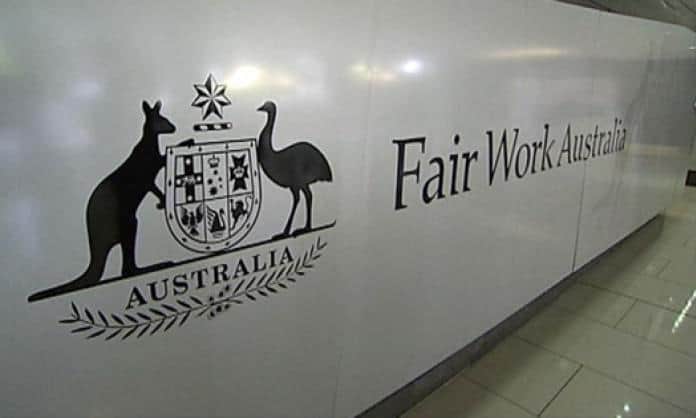
In the early stages of December last year, there were three new protected attributes brought into legislation within the Fair Work Act. These new acts have a lot to do with sexual identity discrimination. Employees will now have more power for legal recourse when they’ve been discriminated against for the following reasons:
- Gender identity
- Intersex status
- Breastfeeding in the workplace
There is one reform that seems to have gotten lost in the rush of action after the Secure Jobs, Better Pay Bill came to fruition.
Gender identity refers to a person’s gender-related identity, behaviors, or appearance; regardless of the gender they were born with. Indirect forms of discrimination based on gender identity include HR refusing to update internal communications with the person’s preferred pronouns as well as overt forms include exclusion and harassment.
Intersex status discrimination includes personnel who receive less favorable treatment because of physical, genetic, or hormonal characteristics that indicate they’re not exclusively female or male, are a mix of both genders and/or are neither female nor male. Choosing not to recruit or promote someone after knowing of their intersex status or acting in a bullying or discriminatory manner are examples of discrimination.
Breastfeeding refers to the process of expressing milk to one’s infant. In this situation, discrimination could take the form of remarks about persons who are seen nursing at work throughout the course of the breastfeeding period.
Employees have the right to ask the Fair Work Ombudsman (FWO) for assistance if they feel they have been subjected to unlawful discrimination. There will most likely be an enquiry to see whether the employee’s complaint constitutes illegal activity, in which case employers will be faced with legal action for violating the FW Act.
Before these FW Act changes, employees who were exposed to discrimination because of their gender identity, intersex status, or breastfeeding could only file a complaint with the Australian Human Rights Commission (AHRC).
These three elements will now be added to the list of protected attributes covered by the FW Act, which also includes sex, race, age, disability, and religious views.
Date: 09/02/2023
By Cassius King
Recruitment and HR Advisor




